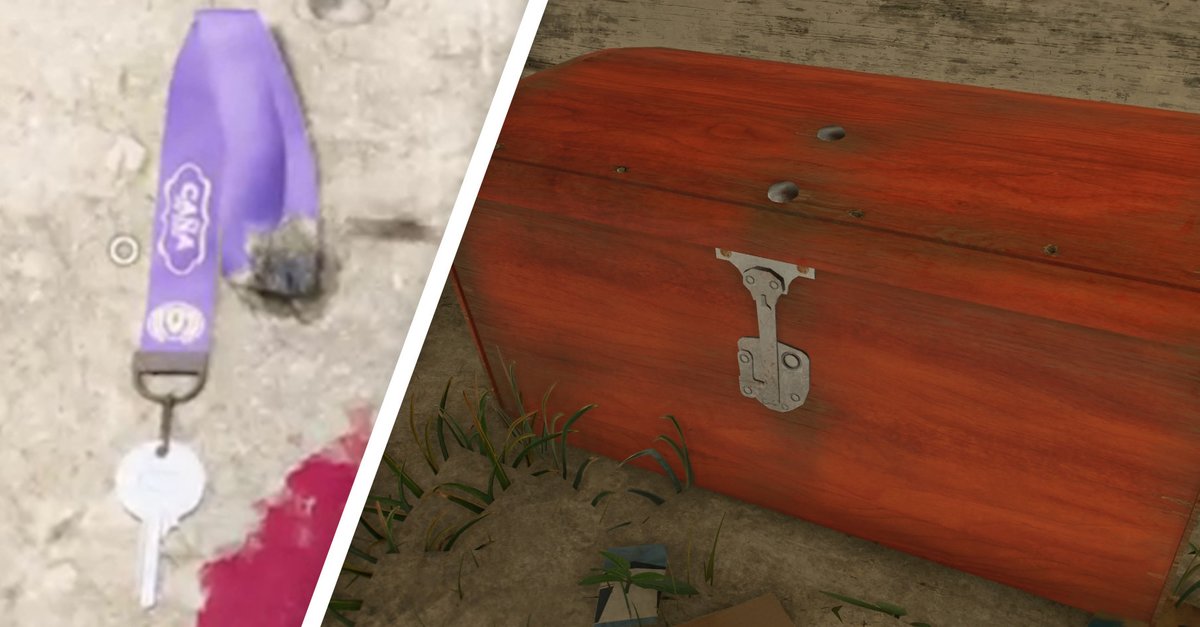“I’m a bitcoin fan, but Ethereum is still better”
Christoph Jentzsch was involved in the birth of one of the most successful blockchains to date: Ethereum. In 2014 and 2015 he worked as a developer on the network. Since then, Ethereum has changed a lot, not least because of his involvement. After all, Christoph was the mastermind behind The DAO, the Decentralized Autonomous Organization (DAO) that forced the network to split in 2016.
Ethereum has changed, and so has the world around it. Jentzsch remained convinced: Ethereum and Co secure our financial freedom and could give us refuge in the event of another banking crisis. But is the technology really that advanced? We spoke to the Ethereum expert.
t3n: Where does your fascination with Ethereum come from?
Christoph Jentzsch: I am particularly enthusiastic about the fact that digital ownership is possible as a result. Bitcoin was the first to show that a decentralized concept can generate money. That was completely unthinkable before. Even more is possible with Ethereum, because blockchain technology is not only applicable to money, but also to everything else. Tokens can represent all sorts of objects and products – I can even use them to organize companies.
Bitcoin is real, digital gold.
If Ethereum can do so much more than Bitcoin, why do we still need Bitcoin?
I like Bitcoin very much! I’m probably the biggest Bitcoin fan in Ethereum space. Bitcoin is real, digital gold. It was the first generation of blockchains and has severe technical limitations, for example it is not scalable at all. But it also has a big advantage over Ethereum: the Bitcoin protocol is closed and unchangeable. This immutability is what makes Bitcoin so valuable. Also, Bitcoin has a magical origin story with the anonymous inventor Satoshi Nakamoto.
Bitcoin emerged as a competitor to government currencies and the banking system. Do you like it?
I’m not an anarchist, but my parents and grandparents were often disadvantaged by the government for various reasons and had to fight back against the state. That’s why I’m skeptical about excessive state power that interferes in private life and becomes encroaching. Our financial freedom is a valuable asset. That means being able to transfer money to whomever I want, when I want, without personal sanctions. There is also a distrust of banks, because I no longer make decisions about my money myself, but put it in someone else’s hands.
I don’t see Bitcoin and Ethereum as the answer to this problem, but they give us the ability to take control of our assets ourselves and only use banks when we need to.
You were involved in the development of Ethereum from mid-2014 to late 2015. What was your goal at the time?
We wanted to build a platform for decentralized applications. We needed the ether currency for this to work, but it was not our focus. However, many speculators have used it for themselves and bet on an increase in value. Ether should be Ultra Sound Money, i.e. money with very stable value, and replace Bitcoin as a digital currency – this narrative did not come from us developers.
Due to time constraints, we took proof-of-work.
Instead, what was on your mind back then?
We already wanted to use Proof-of-Stake as a consensus mechanism back then. Due to time constraints, we took Proof-of-Work, which uses more energy and can do less. At the time, we naively thought that we would be able to move to proof-of-stake in a year.
Ex-Ethereum developer Christoph Jentzsch is now working on tokenizing companies. (Photo: private)
What was that early days at Ethereum like?
That was a good time. We were all extremely enthusiastic and ideologically driven, but disorganized. The team was very distributed, i.e. also decentralized. I worked freelance in my home office and drove to the office in Berlin every two weeks. The Ethereum Foundation was based in Switzerland, other teams in London, Amsterdam and Canada.
There weren’t many structures or hierarchies, no product manager. We had a roadmap of how Ethereum should be developed, but it wasn’t strictly implemented. We were all loosly connected people, heading in the same direction.
Where does Ethereum stand now?
I believe that the core Ethereum protocol, Layer1, is two to five years away from being ready. In software development there is actually no such thing as “done”. There are usually only protocols that are so good that they hardly need to be changed. This is the case with the protocol for sending e-mails, SMTP, for example, and with Bitcoin as well.
So Ethereum will never be perfect either, but at least so good that the core protocol remains unchanged and there are only changes on the overlying Layer2.
Editor’s Recommendations
So what can we expect in the coming years?
The core protocol is still missing a few key features like sharing that make Ethereum more scalable. The idea was there from the start, just not under that name. When it comes to Ethereum, I’m super bullish in the long run. It is quite normal for things to go up and down in the short term over the next few years.
There are now many other smart contract networks like Solana that have come out as “Ethereum killers”. Why haven’t they overtaken Ethereum yet?
These are alternate Layer1 chains, and there are a lot of bad ones and a few good ones. But none come close to what Ethereum has achieved. There is the blockchain trilemma: scalability, decentralization and security. You can’t achieve everything at the same time. Therefore, the chains are positioned at the different corners and have different advantages and disadvantages that are relevant for different use cases.
Ethereum is very decentralized and secure, but not very scalable. We’re working on that with sharding and Layer2. There is a lot of hard development work behind it.
For example, where does Solana stand?
Solana is less decentralized because it runs on just a few servers. That’s not bad per se, just different and has to be transparent. Solutions such as Cosmos, Polkadot or Internet Computer are also technically interesting. Despite this, the other chains do not have as much legitimacy as Bitcoin or Ethereum. They are the originals and there is confidence that protocol will not just change tomorrow. Ethereum killers do not have this trust in the brand.
What problems does Ethereum currently have?
That so much garbage and speculation is circulating around Ethereum. The public has a rather negative image of Ethereum and blockchains. This is a big branding issue. Ethereum is a permissionless ecosystem. Nobody controls who says something about Ethereum on Youtube, who pretends to be an expert or a representative. Something like that couldn’t happen with a brand like Apple. Blockchains are also associated with fraud. That doesn’t do justice to the ideology and the people who build it. But unfortunately there is no solution for this, it’s a reputation we have to live with.
All the possibilities of blockchains and how to deal with them are overwhelming and difficult to access for many.
Yes, but I believe that in the future we will use Web3 applications much more naturally than we do today. The transition from the platform economy in Web2 as we know it today to the decentralized Web3 is difficult. But not to use the Web3. Someone new to the Internet will find their way around Web3 faster than Web2. Because setting up a wallet is faster than getting a Google account and co, i.e. finding your way into the interlinked platforms from scratch.
In addition, the major social media platforms are losing trust, which could be a tipping point for the blockchain industry. And the banking world is bubbling so much that if there is another crash on the financial market and hyperinflation, even more people could flee to crypto.
Crypto as a refuge in the event of another banking crisis: are we even ready for it?
Onboarding should be even easier and wallets should be able to do without central providers as gatekeepers and know-your-customer processes. Not that I have anything against the process, but it gives the state more control.
I wish for a gentle evolution and not a hard revolution or a system overthrow with bad side effects. Citizens should simply be aware that there is an alternative to the banking system: blockchains are a way of owning things directly, without an intermediary. The system is there and it works.



